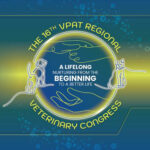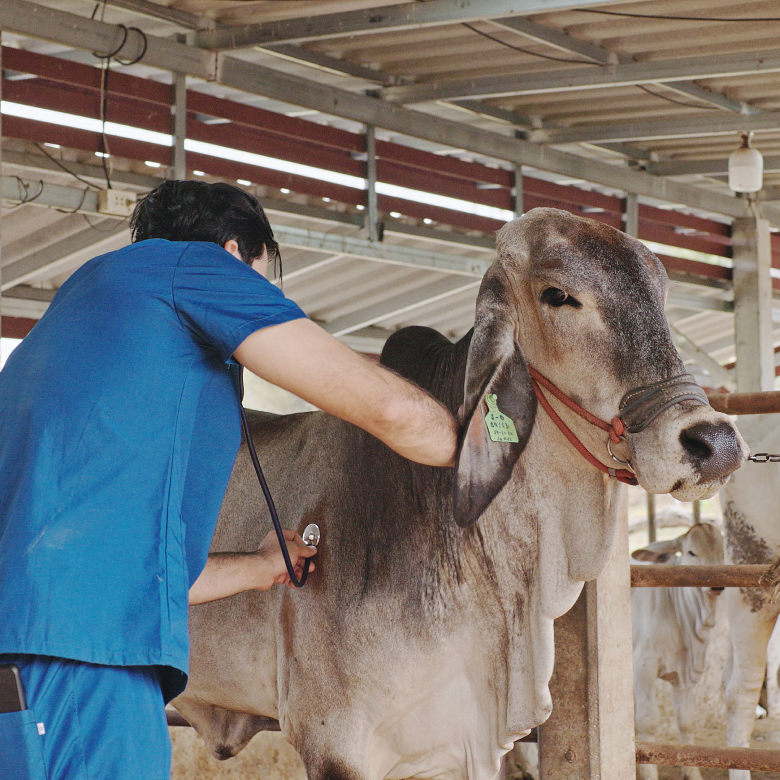Antibiotics have long been a cornerstone of modern medicine, essential for treating bacterial infections in both humans and animals. However, the overuse and misuse of antibiotics can lead to antibiotic resistance (AMR), where bacterial infections no longer respond to treatment. This is a growing concern worldwide, particularly in the livestock industry, where animals are often raised in large herds in conditions that can foster the spread of bacteria.
In Thailand, where the climate is hot and humid—conditions favorable for bacterial growth—this issue is particularly pressing. Despite many efforts to find alternatives, antibiotics remain the most reliable treatment for bacterial diseases in livestock.
Since the United Nations issued its “Declaration on AMR” in 2016, countries globally have been implementing national action plans to reduce antibiotic use. The World Organization for Animal Health (WOAH) has reported a 27% reduction in global antimicrobial use in animals within three years. While antimicrobial use in animals is declining, broad-spectrum antibiotic use in humans continues to rise, reinforcing the need for a "One Health" approach to tackle AMR.
At Peter Hand Animal Health, we recognize the importance of balancing the need for effective treatments with the growing threat of AMR. Our focus is on developing innovative solutions, including preventive tools and alternative treatments, that reduce the need for antibiotics while maintaining animal health and productivity.
The key outcomes in the global fight against AMR are:
- Reduced antibiotic use in livestock: Animals are requiring fewer antibiotics due to better preventive tools and health management strategies.
- Low resistance in livestock: AMR in animals remains low, and antibiotics continue to be effective when necessary.
- Low risk of AMR transfer: Research shows that the primary source of AMR in humans stems from human misuse, not animals.
At Peter Hand Animal Health, we are committed to being at the forefront of this fight, promoting animal welfare and productivity through sustainable, effective alternatives while helping to protect public health through responsible antibiotic use.



